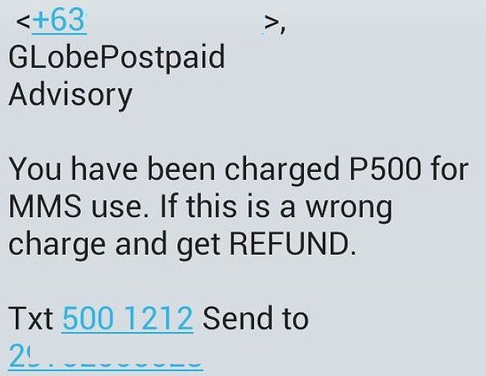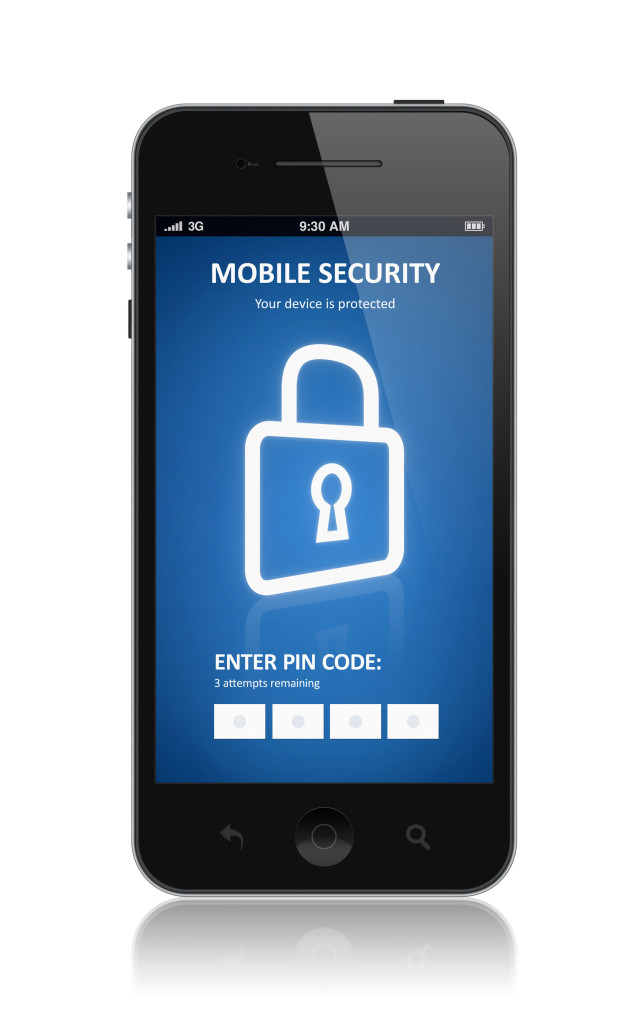There are lots of mobile providers who allow customers to share their top-up load with friends and family – a handy way to get someone out of a “no way to make a call” pinch, and a more flexible alternative to networks who offer a handful of “call this number, I’m out of money” texts.
However, the awesome ability to donate some top-up time to someone who needs it also gives scammers the opportunity to pilfer some of those call credits in a number of ways.
While many network operators have their share system set up in a way that makes it obvious to the sender that they’re donating airtime (either by having them text the word SHARE in the message or other similar schemes), many others will ask their customers to place a single number or special character in front of the cell number they’re sending money to.
What this means, of course, is that anybody unaware of their mobile provider’s sharing system is a ripe target for load theft scams. Here’s an example:

They claim the recipient is owed a refund from incorrect MMS billing. Note the “send to” part – it begins with a 2.
Why is that significant? Because for users of Globe, sending a message with a 2 at the start of the number will result in you sending a pre-selected portion of your phone credit to the person on the other end.
In the above example, that’s about 7 GBP / 11 USD. That’s a lot of money swiped as a result of a simple spam text!
In fact, these scams are now becoming so common that mobile providers are issuing advisories on the subject.
Pre-paid credit sharing may not be something you were aware of, but it’s certainly popular and can be found in many countries. Whether at home or abroad, ignore any spammy messages sent to your phone – discounts, prizes, helping relatives in need and refunds all seem to be hot topics for the scammers.
If you’re not on a contract, then hang on to those minutes and only hand them over to a phone you’re confident is in the hands of a friend or relative – it could be the difference between “Thanks for the lift” and “Three hours in the taxi queue”.
Christopher Boyd










